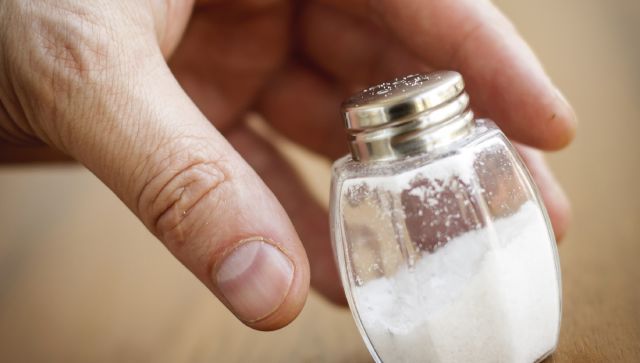Updated on March 18, 2024.
Eating a low-sodium diet—roughly one less teaspoon of salt per day—may be associated with significantly lower risk of having a stroke or developing heart disease, according to research.
The connection between salt and heart health
Eating foods high in salt, such as many processed and restaurant foods, can lead to high blood pressure. But how much salt does it take to affect your health? In a scientific analysis of 13 different studies involving data from nearly 200,000 people, researchers found that decreasing salt consumption by 5 grams per day—a little less than a teaspoon—was associated with 23 percent reduction in stroke risk. And the reduction in heart disease risk was 17 percent.
Tips for lowering salt in your diet
Our bodies need a certain amount of salt to help control blood pressure, send nerve signals, absorb nutrients and maintain proper fluid balances. But to function properly our bodies need only about 1/4 teaspoon of salt per day. The problem is that salt is added to just about everything that is prepackaged or served in restaurants—even foods that don't taste salty, like breakfast cereals. To reduce salt in your diet, read labels carefully, choose whole, fresh foods, and cook your meals at home when you can.






